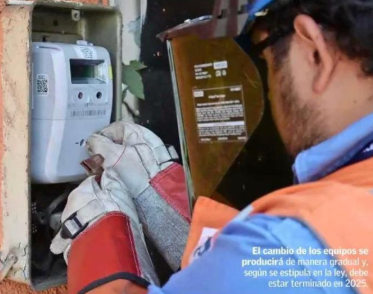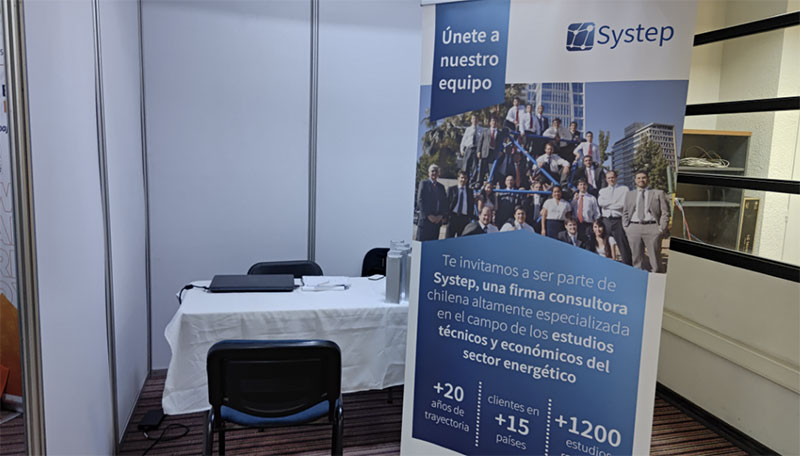
(El Mercurio) The government scored an important point after the second meeting of the technical round table that seeks to reach an agreement on the installation of smart meters and a battery of measures announced by the Ministry of Energy.
Yesterday, according to reports, the distribution companies
Chilquinta
y
Saesa
confirmed that they will agree to make the payment requested by the authority for the old equipment.
Chilquinta is the distribution company that covers a large part of the Valparaíso Region and has more than 700 thousand customers, while Saesa, with a greater presence in the Biobío region, has more than 850 thousand subscribers in its concession area.
One of the reasons that would explain the adhesion of the companies to this formula promoted by the portfolio led by Susana Jiménez is the progressiveness of the measure, since the execution of this payment would be extended until 2025, the term in which the meters throughout the country must be changed.
Although the amount of compensation to be received by those users who change their meters and agree to hand over the old one has not yet been defined, a figure of around $10 thousand is expected. According to reports, the position of the companies is that a third party will be in charge of defining the amount, taking into account the economic and social value of the equipment.
However, the ministry has yet to reach an agreement with the two main players in the sector: Enel and CGE, which together account for more than five million customers and which initially showed completely opposing positions.
On the one hand, the Italian company was the first to agree to the ministry’s proposal, while the Spanish-owned firm called for a re-study of the entire process, pointing to the rejection of the proposal by the public.
A new meeting of the round table, led by the executive secretary of the National Energy Commission (CNE), José Venegas, is scheduled for Tuesday of next week.
On that occasion, it is expected that the procedure to be adopted by the cooperatives to join the process will be discussed.
Systep warns of negative effects of regulation
The monthly report by the consulting firm Systep, linked to the Catholic University academic Hugh Rudnick, warns of the negative effects that could occur with the legal measures that are being promoted in Parliament to force companies not to pass on the investment for the replacement of equipment to the tariffs. The document points to what has happened in Argentina and the delays that exist in the development of that country’s energy industry.
“This position is worrying, as it opens the door to unsustainable policies for regulated companies. It is enough to see the consequences in Argentina, where not passing on the costs to the users has produced during the last decades a serious deficit of investments for the exploitation of gas fields”, states the report.





